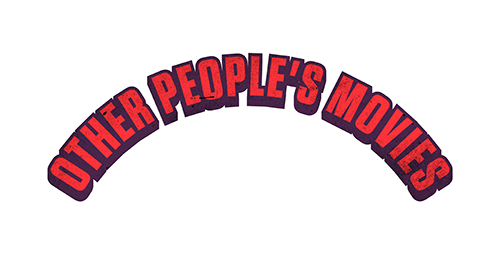
Celebrity memoirs can be highly entertaining reads but rarely make for great literature. They are often gossipy fluff pieces that glaze over their authors’ harsher truths to focus on the success and glamour their luck, work, and talent has brought them.
Oliver Stone’s recent memoir doesn’t glaze over his harsher truths, they are the book’s primary focus. Chasing the Light is all about struggle. It is devoid of Hollywood glamour and mystique, opting instead for the brutal and harsh reality of what it takes to make it in such an overwhelmingly cutthroat business. Stone makes it abundantly clear that he wasn’t merely handed his success. The book chronicles his many years of work, pain, loneliness, and rejection before he rose to become one of the most gifted and provocative filmmakers in Hollywood history.
Chasing the Light contains all the elements of a juicy Hollywood memoir: celebrity stories, behind-the-scenes battles, broken relationships, drug addiction, and, ultimately, the kind of success of which most of us can only dream. What sets Stone’s memoir apart, however, is its unflinching honesty and its bold, poetically inclined voice. It’s a Hollywood insider story from the man who brought us Platoon, The Doors, JFK, Natural Born Killers, and many other cage-rattling films. Stone, ever the thunderous dramatist, can’t help but lend the same fiery passion to the story of his early life and career that he does to his films.
Stone’s book reads like an epic poem because he’s lived an epic life, one that is filled with and defined by war. The war of his early home life, where he was raised with conflicting values by a liberal French mother and a conservative Jewish father, set the stage for the wars he would battle throughout his adulthood, both in Vietnam and Hollywood. Chasing the Light makes us understand that Stone’s war, internal and external, is the fuel for his audacious and emotional body of work.
Unlike many filmmakers and writers, Stone’s greatest influences don’t come from other films or books. In reading the details of his life, it is clear that Stone’s biggest inspirations come from his own experiences, political points of view, and atypical philosophies. Chasing the Light makes us understand that the originality of its author’s work comes from his originality as a human being.
There’s much more to Stone’s life and career than is covered in Chasing the Light. Because the book is the story of Oliver Stone’s rise in Hollywood, it ends on the high note of Platoon’s worldwide success in the late eighties. While the book ends where it should, fans of Stone’s, in particular, will no doubt be left wanting more. The remainder of his life and works deserve—practically beg for—an equally thorough and sincere examination.
Oliver Stone’s memoir is alive in the same way his best films are alive. It is amongst his most important works. The book should be required reading, and not just for film students or its author’s fans. Chasing the Light is not another simple Hollywood memoir, it’s an important piece of history and a work of great artistic merit.
Now, all we need is the sequel.
GRADE: A



